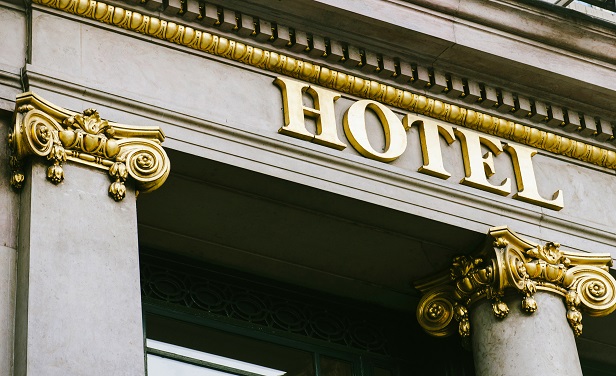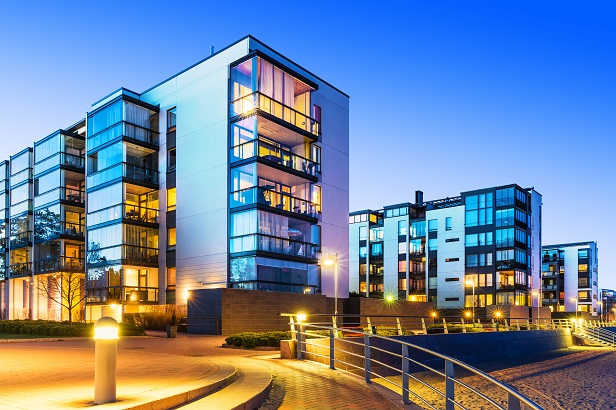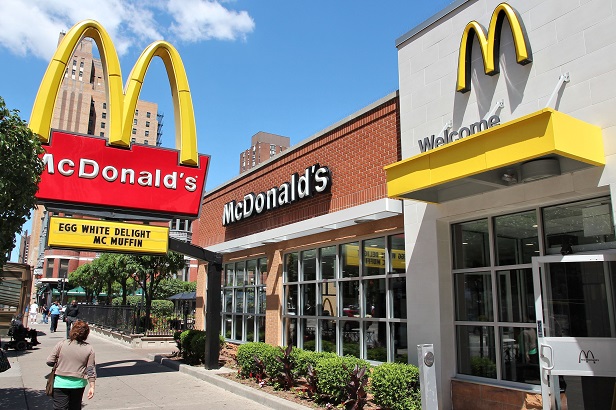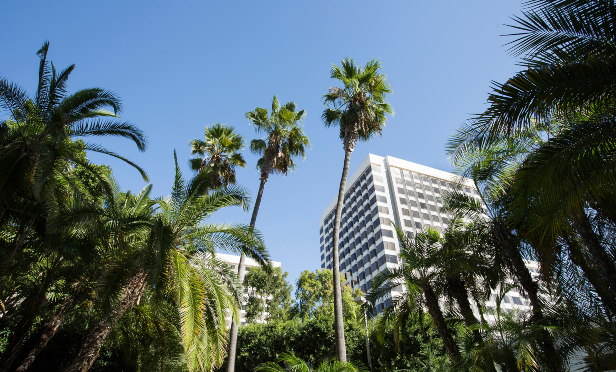By now it's no secret that the spread of COVID-19 will likely continue to significantly curtail travel.
As airlines suffer, so too will hotels. For lenders, cancellations and reduced bookings will mean reduced cash flow and the potential inability to service debt. It's tempting to compare the imminent disruption to that of the '08 recession, but the true analog may be the travel decline after 9/11. Then, as now, the impact is expected to be temporary – yet no one can predict for how long.
Given the uncertainty and dwindling cash flow, lenders in the sector must prepare for loan workouts and restructurings. Here are some of the considerations they will have.
4 Questions
Before addressing the distressed asset, it's crucial to take a step back and accurately assess the situation at hand. To do so, lenders should start by asking the following questions:
- Does the temporary cash flow issue impair the underlying collateral? Does it affect branding under a franchise or hotel management agreement? In other words: Is the property's value still sufficient to support the loan or are there other issues that might have an impact beyond the COVID-19 crisis?
- Is there an actual default or merely reduced coverage?
- What degree of control does the lender have over cash – is there a cash management system in place or that can be implemented?
- Is the loan sponsor capable of and open to providing additional cash flow support? (i.e., do they have access to additional funds? Given current valuations and best-guess underwriting, is the sponsor likely to see a return on any newly invested capital?)
Lender Tools
Lenders have tools at their disposal to address distressed hospitality assets. Here are four principal methods – including relevant context and guidance.
Implementing hard cash management (if not already in place). Requiring that all cash run through a lender-controlled lockbox account and restricting disbursements could impose additional discipline on costs. This may not be helpful if cash is insufficient to meet loan obligations and may not be feasible in many branded hotels where the brand controls cash flow.
Requiring an interest reserve or carry guarantee. If a sponsor is willing and able to pay, lenders can require an interest reserve or carry guarantee. Note that interest reserves can be a one-time amount or have an ongoing top-up obligation.
Deferring or capitalizing interest. Absent additional restructuring, this method merely shifts the long-term risk to the lender (by increasing the amount that needs to be refinanced at exit). As compensation for that risk, the lender could exchange forbearance, deferral or capitalization for additional recourse; split the interest into a current pay portion and an accrual portion, with an increased rate on the accrual portion to compensate for additional risk; similarly, the lender could split its loan into a senior, mezzanine or other senior/subordinate structure with an increased rate and accrual features on the subordinate piece. The subordinate piece could also then be held or sold to a lender with a greater appetite for risk.
Taking back the hotel if all else fails. If the loan is in default, exercise of remedies is an option here. Yet with an external source of distress – as in the case of COVID-19 – the lender is unlikely to be in a better position than the borrower to maximize revenues and cash flow.
Loans Approaching Maturity
With the current crisis still ongoing, refinancing loans will likely not be an option for lenders. How would they know how to underwrite a new one? How would they do the site visits necessary under current travel restrictions?
Rather, there will likely just be negotiations over extension terms. In the end, it may be in everyone's best interest to merely push maturity past the end of the crisis – the issue then being what concessions the lender can obtain in exchange for such an extension.
Timothy Little is a partner at Katten Muchin Rosenman LLP and head of the firm's national Real Estate department.








